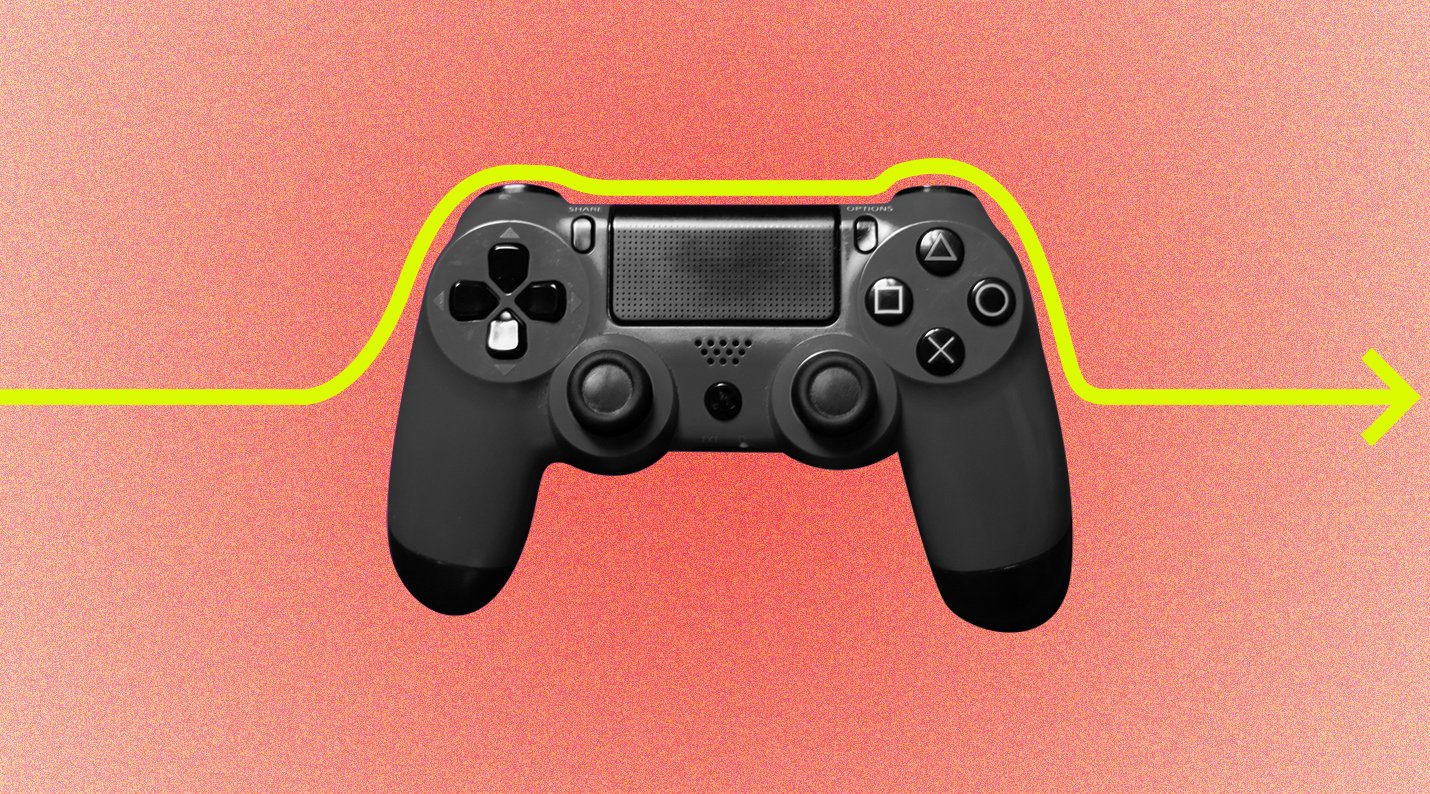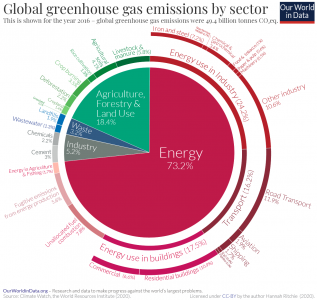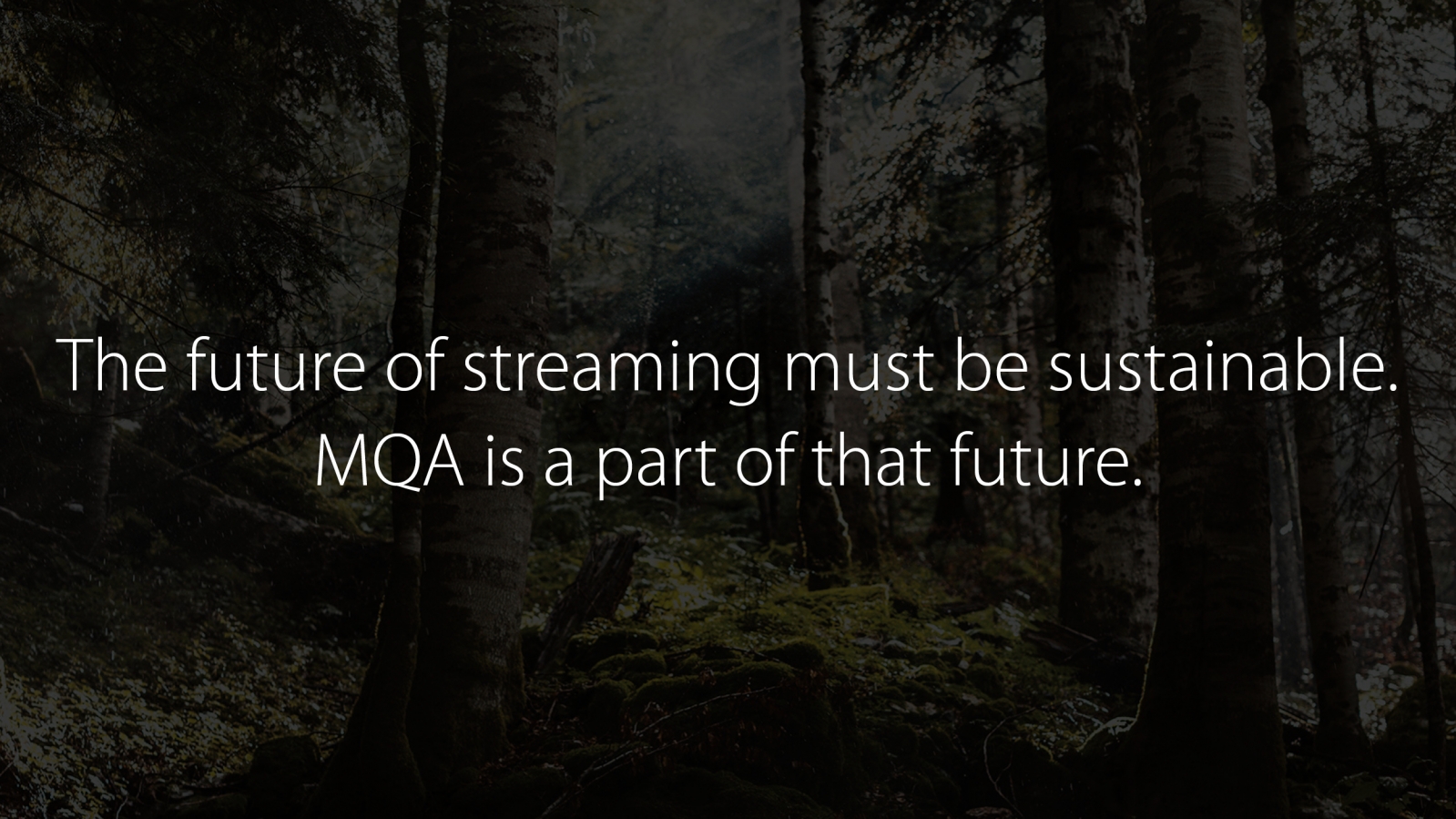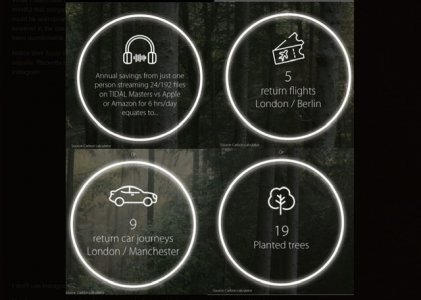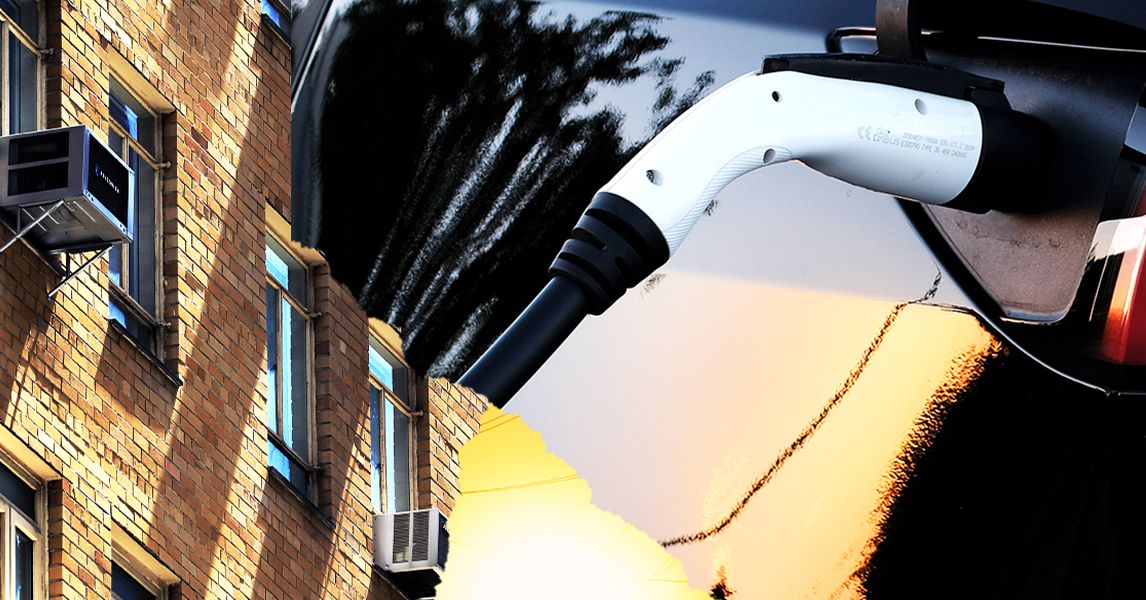Apologies, my intent was not to be condescending or aggressive. Every question on any serious issue deserves a considered respectful response.‘How much do you know about this ‘ or ‘ What is your intent ‘ can be very well be interpreted as condescending or defensive or even aggressive , as especially on the internet everyone is a specialist on every subject under the Sun.
Secondly - whataboutery is not always a communication stopper. It can put things in the right perspective.
I do now realise asking a “whatabouterist” his/her intent can be distressing and may not be a good approach in every situation. Thanks for highlighting this.


